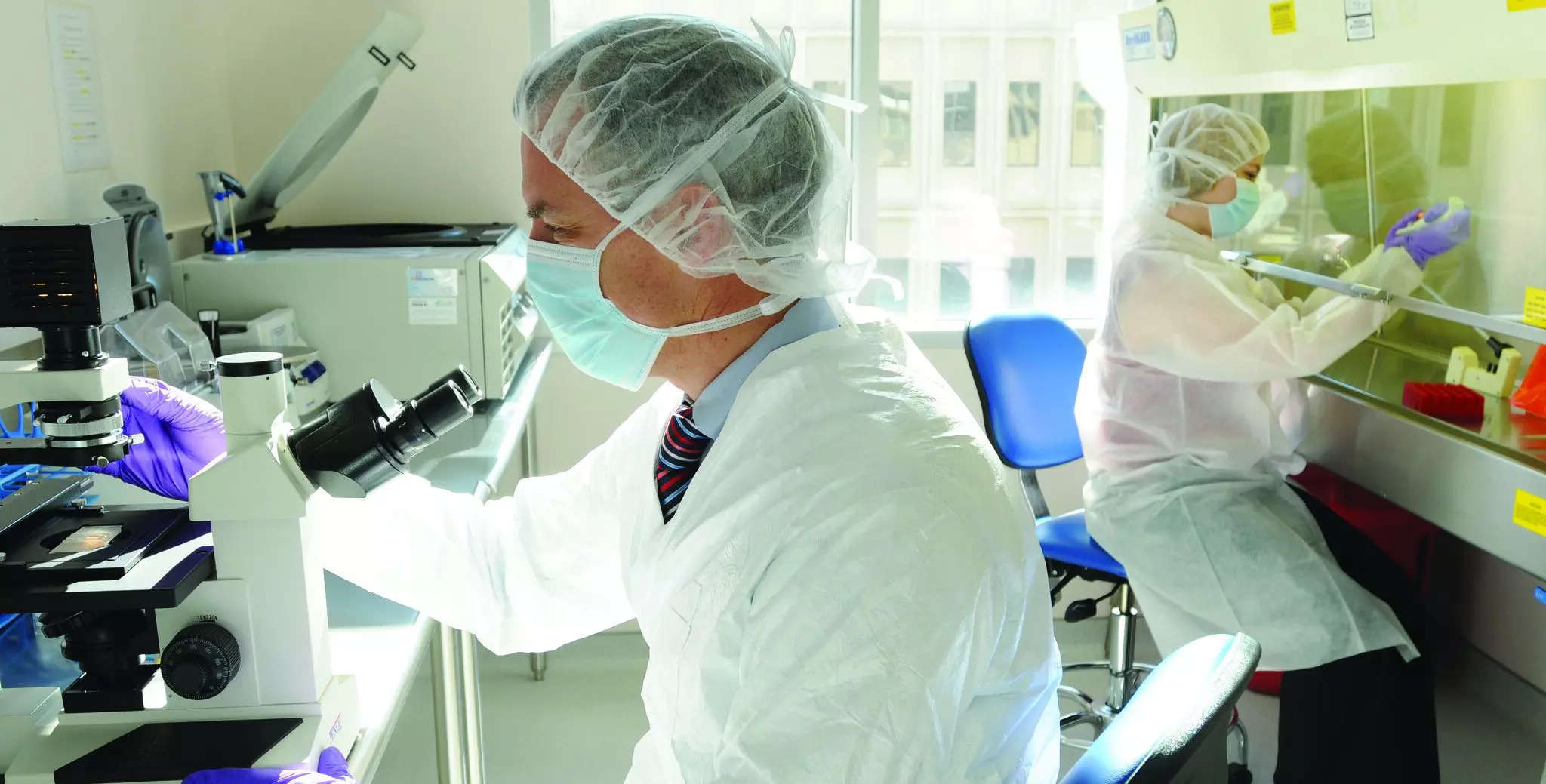
New York: When researchers discovered enough proof that a medication used to treat bone marrow cancer and Kaposi sarcoma is safe and effective in treating hereditary hemorrhagic telangiectasia (HHT), a rare bleeding disorder that affects 1 in 5,000 people worldwide, they decided to terminate an early clinical trial funded by the National Institutes of Health (NIH).
The New England Journal of Medicine published the trial results, which show that patients with HHT who were administered the medication, pomalidomide, had a significant decrease in the intensity of nosebleeds, required fewer blood transfusions and iron infusions than HHT frequently requires, and had a better quality of life.
“Finding a therapeutic agent that works in a rare disorder is highly uncommon, so this is a real success story,” said Andrei Kindzelski, M.D., Ph.D., of NIH’s National Heart, Lung, and Blood Institute. “Before our trial, there was no reliable therapeutic to treat people with HHT. This discovery will give people who suffer with this disease a positive outlook and better quality of life.”
HHT, also known as Osler-Weber-Rendu Syndrome, is characterized by serious defects in the way the body’s blood vessels form. Instead of growing linearly, they become unusually tangled and twisted. The disordered blood vessels are fragile and prone to leaking, which causes excessive nosebleeds or bleeding along the gastrointestinal tract and other mucosal surfaces. These bleeding episodes, which worsen with age, can result in anemia and reduced quality of life. In severe cases, they can be life-threatening.
Current options to treat HHT involve closing off the malformed blood vessels in the nose and gastrointestinal tract or prescribing off-label medications that temporarily stabilize blood clotting at sites of bleeding vessels, which in turn reduces bleeding. There are currently no Food and Drug Administration-approved medications for long-term management of HHT.
Researchers speculated that pomalidomide worked by blocking the growth of abnormal blood vessels. It may cause the blood vessels to have a more normal structure or thicker walls so they are less fragile. However, the research team, led by Keith McCrae, M.D., professor of molecular medicine at the Cleveland Clinic, says further study will be needed.
Researchers enrolled 144 adults with HHT at 11 U.S. medical centers between Nov. 5, 2019, and June 27, 2023. All participants had moderate to severe nosebleeds requiring iron infusions or blood transfusions. Researchers gave 95 of the participants 4 mg of pomalidomide daily, though the dosage was reduced to 3 mg or 2 mg daily in patients with adverse reactions – mostly constipation, rashes, and lower than average white blood cell counts. The remaining 49 patients received a daily sugar pill designed to look exactly like the pomalidomide pill, in addition to their usual care.
At the start of the trial, researchers used a validated HHT-specific bleeding assessment tool to score each patient’s nosebleed severity. To establish a baseline in other areas, participants self-reported other data throughout the trial, particularly the severity of their nosebleeds and the effect of their HHT symptoms on everyday activities using a special scoring system. The number of units of red blood cells transfused or iron infused was also recorded.
In June 2023, 43 months into the scheduled four-year trial, an interim analysis found pomalidomide had met a prespecified threshold for efficacy, and the trial was closed to further enrollment.
“These findings have broader implications for people with more severe forms of HHT,” said Kindzelski. “In those cases, malformed blood vessels can develop in organs such as the lung, liver, and brain, which can lead to hemorrhagic stroke, bleeding in the lungs, or heart failure. A treatment like this could be lifesaving for such patients.”
Though researchers did not follow participants after the trial ended, McCrae noted that some of his patients from the study have gone four to six months without a recurrence of nosebleeds, even though they had stopped the medication. This suggests that the drug may have promise as a long-term or intermittent treatment. (ANI)




